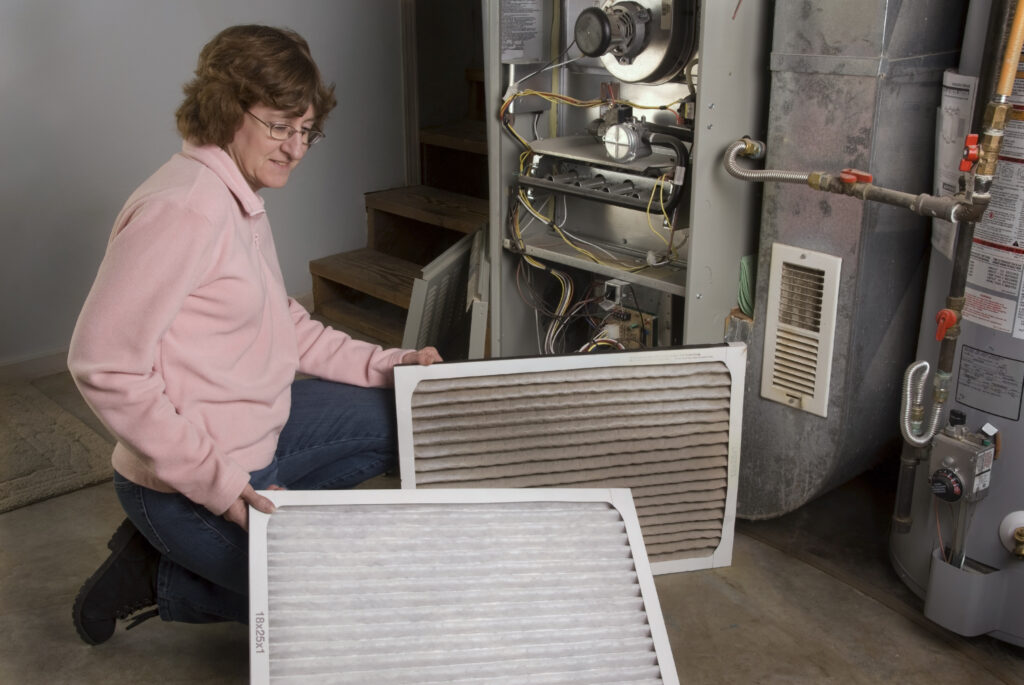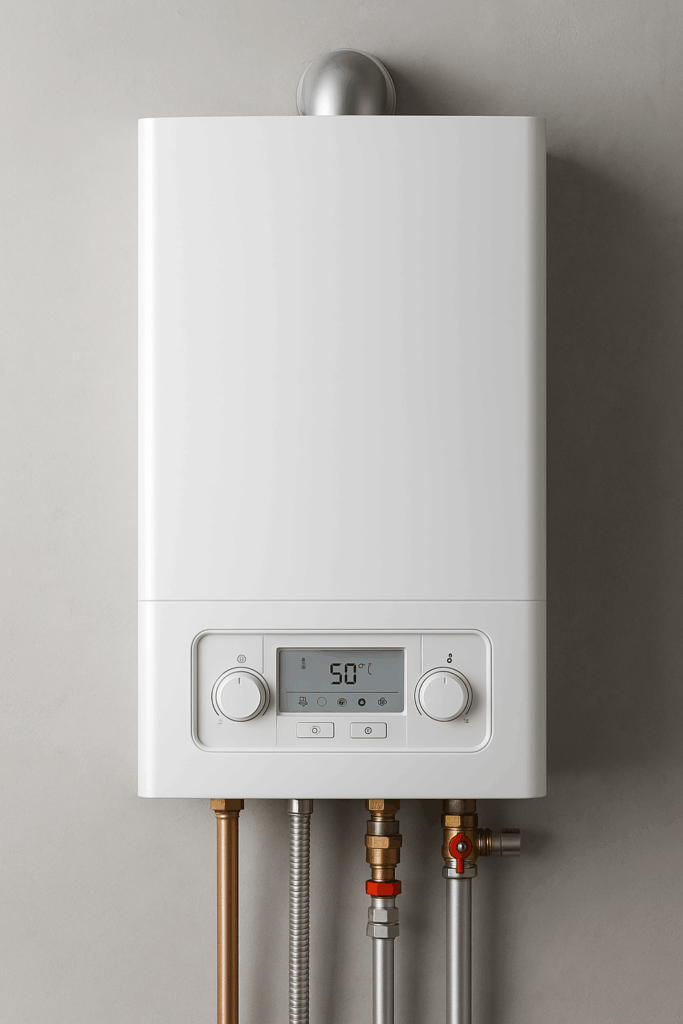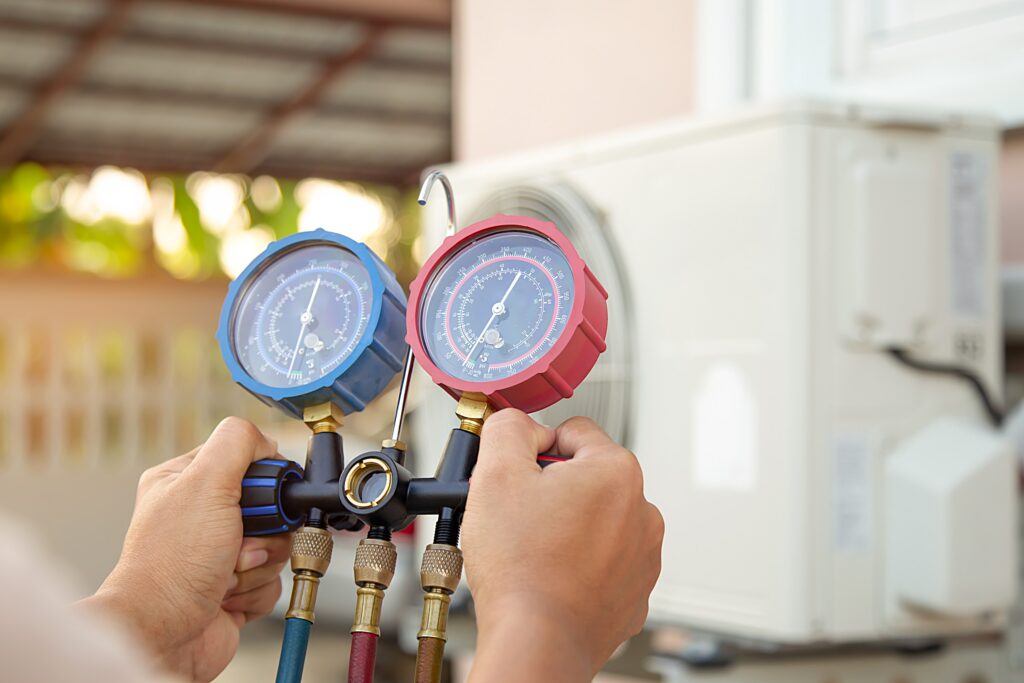When it comes to your air conditioning the average homeowner knows if it’s on or it’s off and how to change the filter.
While this is all well and good what do you do when something goes wrong or it’s time to replace the unit?
How do you know you’re getting a good product?
Believe it or not, there is an entire system of air conditioner ratings. While the acronyms can seem like a different language they are readily available and if you know what they mean they can save you time and money in the long run.
Here we break down the different air conditioner ratings and what the acronyms mean so you can be a more informed consumer.
Air Conditioner Ratings: The Common Acronyms
SEER: Seasonal Energy Efficiency Ratio
This is one of the most common air conditioner ratings that you will see in your search for your new unit.
The SEER is determined by taking the cooling output of the unit during a typical cooling season and dividing it by the total electrical energy output of the entire season.
The number you come up with will be the unit’s seasonal energy efficiency ratio or SEER.
The higher this number is the more energy efficient the unit will be.
There have been a number of regulations passed on the minimum SEER a quality air conditioner can have. The most recent being a minimum of a 14 in the southern region of the United States and a minimum of 13 if you live in the north.
BTU: British Thermal Units
When you are buying an air conditioner it’s capacity will be listed in British Thermal Units or BTUs. This is probably the most important of the air conditioner ratings as this is what tells you how much space the unit can cool.
One BTU is the amount of heat that is needed to raise a pound of water on degree Fahrenheit. One BTU is also equal to 1,055 joules of energy.
When speaking of heating and cooling one ton would equal 12,000 BTUs.
The BTU rating of the unit lets you choose the most efficient unit for the space you are trying to cool.
A good rough estimate would be to account for 30 BTU per square foot of space. So a 2000 square foot home would need a central air conditioning unit with a BTU rating of 60,000.
However, if you are looking for a window unit to cool a 200 square foot bedroom you could go with a BTU rating of only 6,000 and stay cool.
EER: Energy Efficiency Ratio
This number is the ratio of the output cooling energy of a unit to the input electrical energy.
While the EER can be calculated using a standard temperature it makes much more sense when it is found using the SEER rating.
You can find a typical EER for your central unit by using this formula: 0.875 x SEER.
The EER rating will be more important when purchasing a single room air conditioner. You should consider a unit with at least a 10.0 for an EER rating for a single room.
Energy Star Certification
Most people know what the Energy Star looks like and to make sure it’s on their appliances.
But, do you know what it takes to earn that star?
To be Energy Star Certified the product must increase energy efficiency while providing excellent service to the consumer.
The product’s energy consumption and performance must be able to be tested and verified.
This star makes sure that buyers know which products are going to be good for the planet but also save them on their energy bill.
Your Next Steps
Now that you know what all of the ratings mean you are ready to go out and find the best unit for your home.
Here are the steps you should take during the process of obtaining a system.
Take Measurements
Consider your space before heading out to the store.
Are you thinking about a central system or a couple of window units?
Write down the square footage of your home or measure the rooms which the units will be in.
Take these numbers with you to the store so you can compare their ratings against the space you have to cool.
Do Your Research
The worst thing you can do is show up at the home improvement store with no idea what you’re looking for.
The salespeople, while they do have good advice, are also looking to make the most money for the store as well.
You may want to consider doing an energy audit of your home prior to going out to purchase a cooling unit. This will let you know any issues you may have going in so you can solve them before wasting money on cooling your backyard.
Purchase Your Unit
Once you’ve measured your space and done the research it’s time to head over to the store.
If you’re purchasing a unit larger than a small window unit it’s best to have a professional HVAC installer help you with installing your new system.
They offer you a warranty on the work and make sure everything will run properly in the end.
Not only will this ensure a cool home but will also save you money by making sure the installation keeps the unit as energy efficient as possible.
In Conclusion
Your home is always going to be your best, and most likely largest, investment you have.
It is never a good idea to go into any home improvement purchase without all the information.
Now when you go to tackle a new air conditioner you will have the know-how to read the label.
Remember to focus on models with a SEER of 14 or over.
Make sure your unit has an EER of at least 10.0 to make sure you are buying quality.
Do the calculations on your space. You should get a unit that gives you about 30 BTUs per square foot. While this is a rough estimate it’s a great jumping off point so you know where to start your search.
Don’t go in blind. Do your research before heading to the store.
Make sure to call a professional when it comes to installation. These sorts of jobs can become cumbersome very quickly. It is a much better idea to trust the investment of your home and the heating and cooling system to a licensed professional.
Are you looking for an HVAC pro in your area? Having an AC emergency? Give us a call and we will be happy to come take a look!







